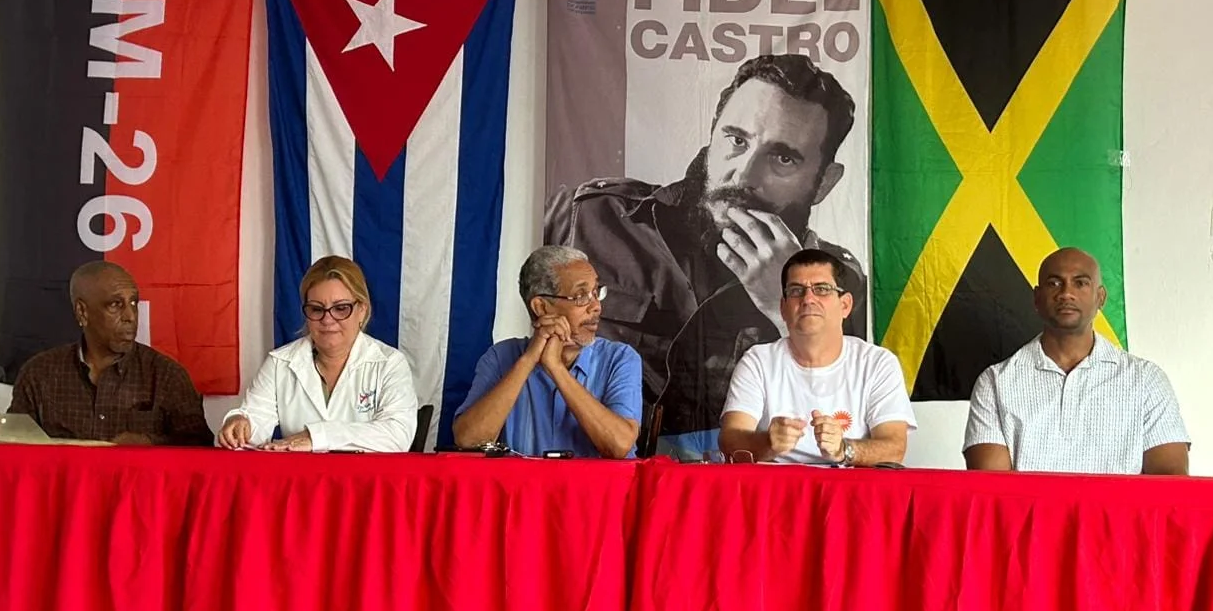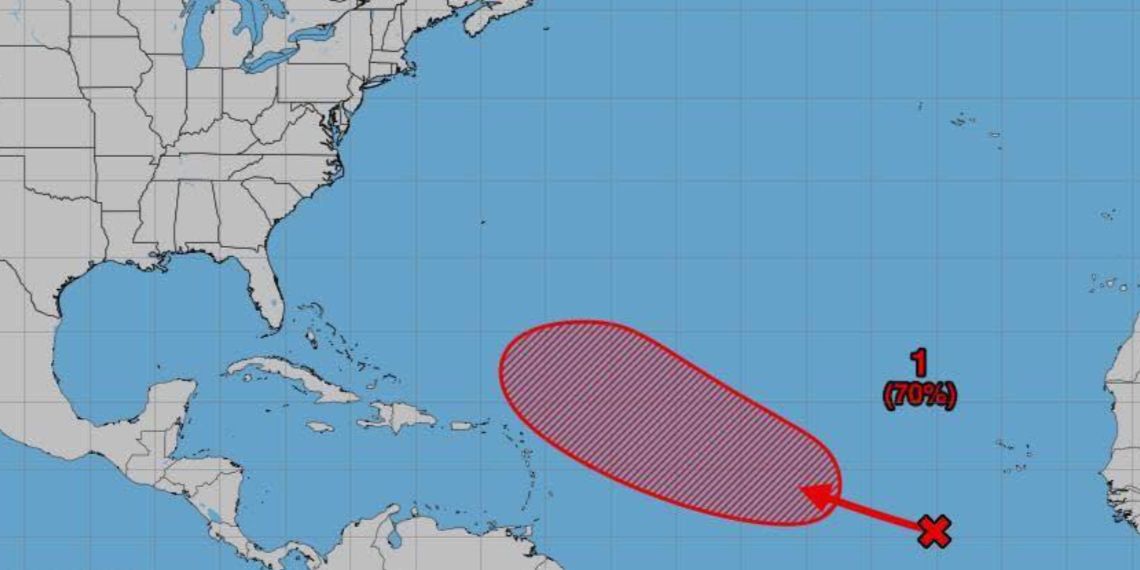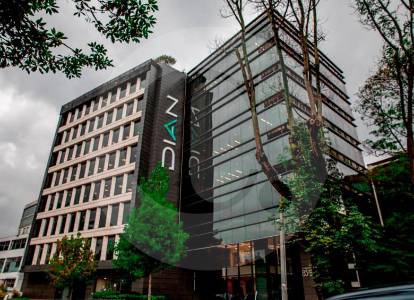
Cuba: Abject Poverty is Essential for the Commercialization of Medical Brigades
- Cuba
- mayo 30, 2025
- No Comment
- 37
HAVANA – They admit to routinely withholding passports because they can’t deny it to the Cuban medical community, who know full well it wasn’t exactly “for their protection,” as the Minister of Public Health has claimed. They do it with cynicism—another of the regime’s “routine practices”—just like any human trafficker caught in the act by the police. In fact, the methods the regime uses to control personnel on its “missions” are the same ones used by gang members, mafiosi, and human traffickers when kidnapping women and children for sexual or labor exploitation.
They may not lock them in cells, but they often impose strict curfews for returning to their assigned accommodations, where they remain under constant surveillance by state security agents sent by the Ministry of the Interior—agents who hold authority above the so-called “mission chiefs”—to ensure that defections and information leaks (to the press or anyone asking too many questions) are kept to a minimum. All of us who, as journalists, have tried to investigate the matter directly have run into this painful and dangerous reality.
The journalistic reports and interviews that have appeared over the years—both in the independent press and in other non-Cuban media outlets interested in the issue—have clearly described the reality behind this “commercialization,” which the dictatorship now attempts to portray as an altruistic gesture under “enemy attack,” when in truth it is one of the most shameful chapters of the Castros’ rule, involving the complicity of dozens of governments and international organizations around the world.
Several years ago, in September 2015, a major investigative report by the Institute for War and Peace Reporting (IWPR), in collaboration with several independent media outlets, exposed the inner workings of Cuba’s lucrative medical aid program in Trinidad and Tobago. It was a nearly unique case where payments were made directly to the doctors, yet the Cuban regime still forced them to deposit half of their salaries each month into a shared account in the name of the “mission chief.” This requirement was not reflected in their contracts, but had to be followed under threat of being sent back to the island and permanently removed from the “medical missions program.”
Even though many professionals found the blackmail and constant surveillance offensive, being sent back to Cuba—to the daily grind of poor working conditions and low wages in national currency—was the worst punishment. Thus, it’s easy to understand why the regime sees it as essential to keep the health system in its current state of critical deterioration. It functions as a tool of pressure to “encourage” this cheap labor force, which becomes far more profitable when “commercialized abroad.” And for that coercive system to continue working, there must be a supply of laborers who are desperate due to miserable living conditions—and therefore willing to be exploited.
“If I don’t accept those conditions (being monitored and handing over half my salary), they’ll send me back to Cuba, where my salary isn’t enough to survive,” many of the interviewees told us at the time, under strict conditions of anonymity, since speaking to the press also carried harsher punishments—mostly centered around being forced to return to Cuba, thus eliminating any chance of improving their living conditions in a country where abject poverty is the Communist Party’s preferred tool of control.
Even though Trinidad and Tobago wasn’t the worst possible destination for Cuban doctors and technicians—since at least they were allowed to keep 50% of their earnings (compared to just 20% in Venezuela and Brazil)—the most astonishing part of the phenomenon wasn’t so much seeing how the doctors had normalized the abuse, or even how some saw our investigation and questions as an attack, but rather how difficult it was for many to recognize the obvious relationship between the medical brigade business and the collapse of Cuba’s health system, the low wages, and the other hardships they face daily on the island.
If the Cuban regime paid decent salaries and guaranteed minimum working conditions to its doctors on the island, they wouldn’t need to accept the blackmail of these overseas “medical missions” as the only way to improve their personal income. In short, our poverty is a sine qua non condition for the success of this highly profitable enterprise, which, according to Granma, was forecast to generate over $8 billion in annual revenue in 2024.
ARTÍCULO DE OPINIÓN Las opiniones expresadas en este artículo son de exclusiva responsabilidad de quien las emite y no necesariamente representan la opinión de CubaNet.
Recibe la información de CubaNet en tu celular a través de WhatsApp. Envíanos un mensaje con la palabra “CUBA” al teléfono +1 (786) 316-2072, también puedes suscribirte a nuestro boletín electrónico dando click aquí.





